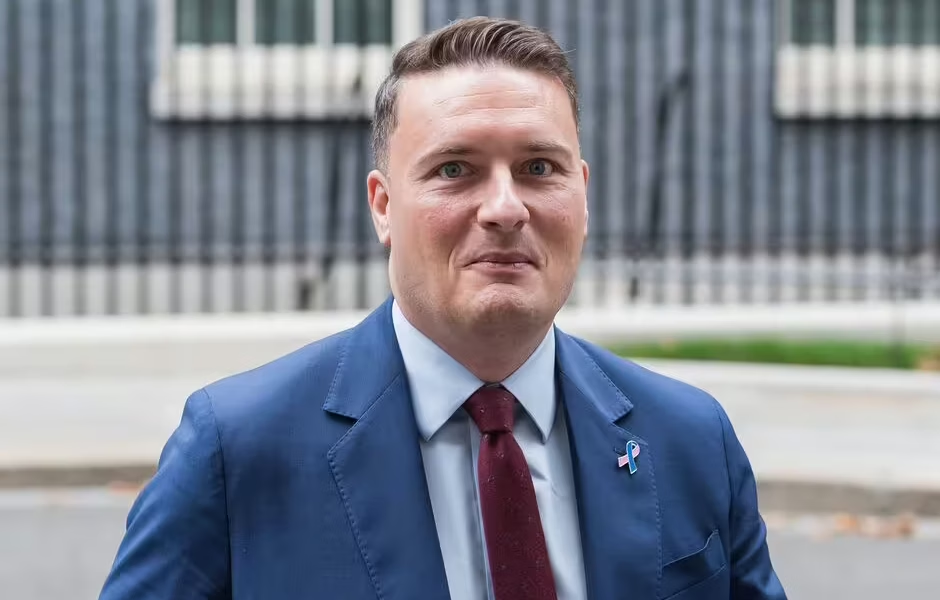
Health Secretary Wes Streeting faces a ‘disastrous legacy’ says a leading think tank (Image: Getty)
Labour is on course to break its promise to cut NHS waiting lists, after failing to provide a significant increase in health funding or end strikes. A “chaotic and incoherent” attempt to make the health service more cost-efficient, including abolishing the NHS England quango that oversees it, has actually made its problems worse.
The damning findings were published in a new report by independent think tank the Institute for Government, which said Health Secretary Wes Streeting could be left with “a disastrous legacy”. Ministers have set a target of ensuring the overwhelming majority of patients wait no more than 18 weeks for treatment of non-urgent conditions, as well as ensuring cancer patients are treated within 62 days of referral and A&E waits are no longer than four hours.
But the Government has barely increased funding compared to the previous Conservative administration, with the NHS enjoying an annual 2.8% rise in real terms compared to 2.7% under the Tories.
And the British Medical Association has overseen a series of walkouts despite Labour’s manifesto promise to “reset relations with NHS staff”.
It means the Department for Health is unlikely to meet its flagship NHS targets, the IFG said.
The poor state of NHS finances is illustrated by forecasts that 32 out of 42 integrated care boards, the regional NHS bodies that oversee health in their area, are forecasting a deficit in 2025/26, up from 18 in 2024/25.
And productivity is still lower than before the pandemic – with only three out of 42 areas increasing the amount of treatment they provide faster than they increased staff numbers between 2019 and 2025. Meanwhile, absence rates from sickness are higher than ever before except during the Covid pandemic.
Stuart Hoddinot, the IFG’s associate director, said: “Since the general election the government’s performance across the NHS and social care has been mixed at best. The government is inching rather than leaping towards improvements in the NHS.
“There have been some positive steps: performance is trending slowly upwards in hospitals, there’s been a genuinely large increase in GPs and the rate at which hospital staff are leaving their jobs is the lowest on record outside the pandemic.
“But that has been undermined by a chaotic and incoherent approach to reforming the service. The announcement of NHS England’s abolition was abysmally handled and management cuts in integrated care boards have been a needless distraction.
“Worse than that, nothing the government has done will address the ongoing exodus of GP partners and it has taken decisions that may actively harm the adult social care sector. The further decay of general practice and social care would be a disastrous legacy for Wes Streeting and the government.”
Mark Franks, welfare director for health think tank the Nuffield Foundation, said: “There are tentative but welcome signs of progress in some areas, although there is still much to do to address the long-term challenges facing the NHS.”




